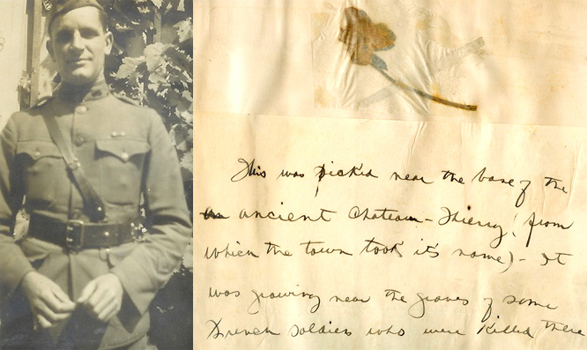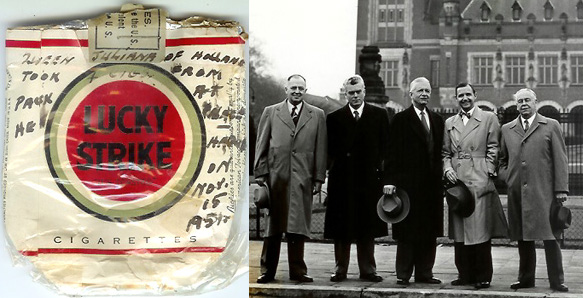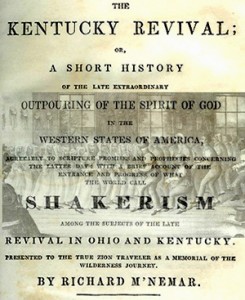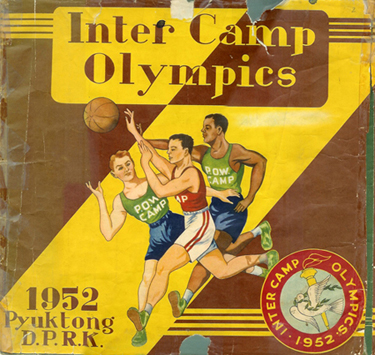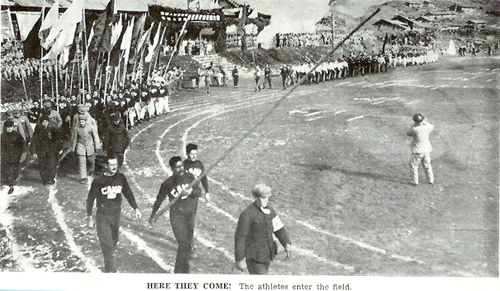
Elizabeth Moseley Woods, 1865-1967
Elizabeth Moseley Woods was born in Mississippi in the last months of the Civil War. When she was six, her family moved to Glasgow, Kentucky and, when she was sixteen, to Bowling Green. By the time she joined the WKU faculty in 1911 to teach modern languages, Elizabeth had traveled around the world and studied in England, France and Italy. She retired from teaching in 1937, but spent the next decade applying her passion for gardening and landscaping to beautification of the WKU campus.
To her younger sister Martha (Woods) Potter, however, Elizabeth Woods was just “Bethie,” and it is from Martha that we get an affectionate and intimate glimpse of this longtime WKU faculty member.
Bethie’s absent-mindedness caused particular mirth. Standing with Bethie in her living room one day in 1933, Martha noticed that “her pink panties were around her feet where they had dropped down and she never had noticed them. It would not have been so funny if it had been anybody but Bethie,” she wrote her children. Several years later, Martha reported that “Bethie distinguished herself by parading around the streets of Bowling Green with a strap to her panties hanging down between her legs almost to the ground.” Bethie explained that “the panties were the old fashioned kind with strap (a concession to what we used to call ‘open drawers’). . . . I went into stitches,” laughed Martha. “I told her I hoped that nobody took her for me.”
Bethie could be both clinical and sentimental in her opinions. After a 1934 visit to a venerable Bowling Green senior citizen, “Bethie said never again,” reported Martha. “She thought that old lady belonged under the ground.” Bethie was no more enamored of humanity’s other half. “She is a hard boiled man hater,” concluded her sister. Nevertheless, Bethie mourned the death of WKU president Henry Hardin Cherry in 1937, saying “no one ever knew what a good friend he had been to her.” She also liked Virginia Garrett, the wife of Cherry’s successor, because of their shared love of flowers. And when Bethie arrived at a friend’s house for lunch and realized that the friend had forgotten about the engagement, she “hot footed it down the alley,” said Martha, to spare the woman embarrassment.
Both Martha and Bethie were beset by failing eyesight in their later years, but reacted quite differently. “I know that Bethie can’t see as she should but she never admits it. All old people get that way,” said 82-year-old Martha of her 86-year-old sibling. After learning that, during dinner in a poorly lit room, Bethie had put down her fork and been unable to find it again, “I told her she should have just asked,” Martha wrote, “but she isn’t that way.”
Perhaps it was her willingness to let her older sister be herself that allowed Martha to coexist peacefully with Bethie until Martha’s death in 1963 at age 94. But hers was an early death, relatively speaking, for Bethie lived until 1967, reaching the age of 102.
Martha Potter’s letters about her sister Bethie are part of the Lissauer Collection in the Manuscripts & Folklife Archives holdings of WKU’s Special Collections Library. For more collections about Elizabeth Woods, the Potters and other Bowling Green families, search TopSCHOLAR and KenCat.


